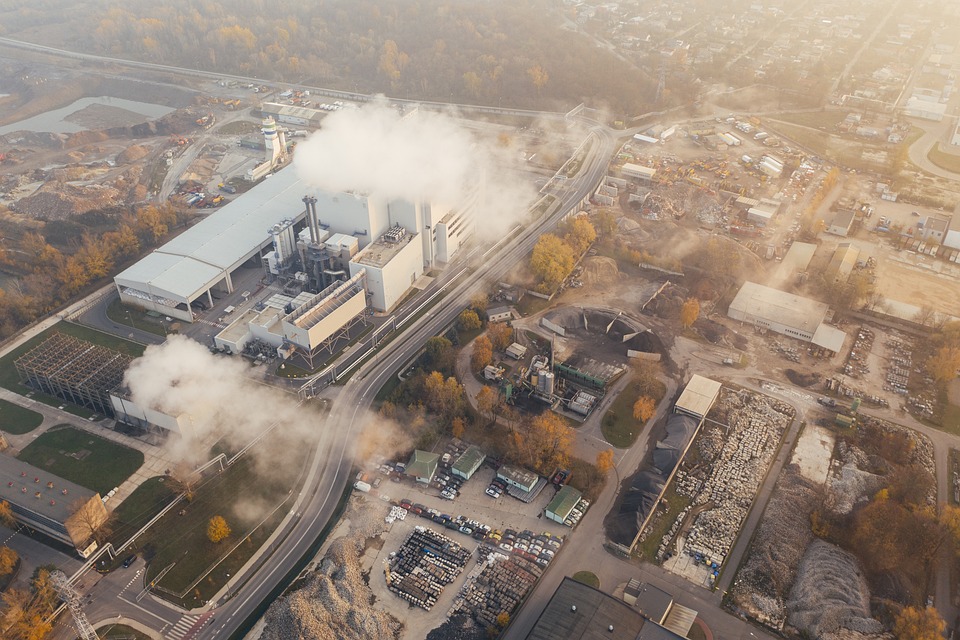What Is the Climate in Piedmont?
Piedmont, located in the northwestern part of Italy, is renowned for its stunning landscapes, rich cultural heritage, and significant contributions to agriculture, particularly wine production. Understanding the climate of this region is crucial for tourism, agriculture, and lifestyle choices.
Overview of Piedmont’s Continental Climate
General Climate Type:
Piedmont experiences a continental climate characterized by hot summers and cold winters, with some Mediterranean influences in certain areas. The climate varies significantly between lower elevations, such as valleys and plains, and higher altitudes near the Alps.
– Lower Elevations: The plains can experience muggy summers with temperatures often exceeding 86°F (30°C) and cold, damp winters where temperatures can drop below freezing.
– Higher Altitudes: In contrast, the Alpine regions have cooler temperatures year-round and receive substantial snowfall during winter months, making them popular for winter sports.
Seasonal Climate Variations in Piedmont
Spring (March to May)
– Mild Temperatures and Rainfall: Spring is typically mild, with average temperatures ranging from 50°F to 65°F (10°C to 18°C). This season sees frequent rainfall, which is vital for agriculture and helps vineyards bloom.
– Impact on Agriculture: Spring is critical for wine production as it prepares vineyards for the growing season.
Summer (June to August)
– Hot and Dry: Summers in Piedmont can be hot and dry, particularly in the plains where temperatures often reach 86°F (30°C) or higher.
– Cooler Mountain Areas: The higher elevations offer cooler temperatures, making them attractive for hiking and outdoor activities.
Autumn (September to November)
– Cooler and Rainy: Autumn brings cooler temperatures ranging from 50°F to 70°F (10°C to 21°C), with increased rainfall. This season is pivotal for grape harvesting in renowned wine regions like Langhe and Monferrato.
– Famous for Foliage and Truffles: The countryside is celebrated for its autumn foliage and the white truffle season, drawing many tourists.
Winter (December to February)
– Cold Temperatures and Snowfall: Winter temperatures can dip below 32°F (0°C) in the plains, while mountainous areas experience heavy snowfall.
– Foggy Lowlands: The plains often see fog during winter months, contributing to a colder and damper atmosphere.
– Popular Skiing Destination: The Alps are a favored destination for winter sports enthusiasts.
Regional Climate Variations
– Alpine Region: In northern Piedmont near the Alps, an alpine climate prevails with cooler temperatures year-round and significant snowfall during winter.
– Lowland Plains and Valleys: Southern areas like Turin experience a more temperate climate with hot summers and cold winters characterized by fog.
– Wine-Producing Areas: Regions such as Langhe, Roero, and Monferrato have unique microclimates ideal for cultivating Barolo and Barbaresco wines due to their favorable conditions between mountains and valleys.
How the Climate Affects Agriculture and Wine Production
Importance of Rainfall and Temperature:
The rainfall during spring and autumn supports vineyard health, while warm summers ensure optimal grape ripening conditions.
Impact on Specific Crops:
Piedmont is not only famous for its wines but also produces hazelnuts, truffles, and other crops that thrive under its seasonal climate.
Climate Challenges in Piedmont
– Winter Fog and Freezing Conditions: Foggy conditions in winter can reduce visibility and create cold environments detrimental to agricultural activities.
– Rainfall Variability: Fluctuations in rainfall can adversely affect crop yields, particularly in lower regions susceptible to droughts.
Best Time to Visit Piedmont
– Spring (March-May): Ideal for mild weather perfect for outdoor activities like hiking and vineyard tours.
– Autumn (September-November): Another excellent time due to pleasant weather conducive to enjoying local festivals and truffle hunting.
– Winter (December-February): Attractive for skiing enthusiasts in the Alps or those wanting to experience the festive atmosphere in cities like Turin.
FAQs
What type of climate does Piedmont have?
Piedmont has a continental climate with hot summers and cold winters complemented by Mediterranean influences in certain areas.
Does Piedmont experience snowfall?
Yes, snowfall is common in the Alps during winter months; however, lower regions may see less snow.
What is the best time to visit Piedmont?
The best times are spring and autumn when temperatures are mild, ideal for outdoor activities and experiencing local culture.
How does the climate affect wine production in Piedmont?
The region’s climate fosters unique microclimates that are essential for high-quality grape cultivation due to a balance of warm summers and adequate rainfall during growing seasons.
Conclusion
Piedmont’s climate plays a pivotal role in shaping its agricultural practices, tourism appeal, and overall lifestyle. Understanding these seasonal variations allows visitors to appreciate the region’s natural beauty while enjoying its culinary delights. Whether exploring vibrant vineyards or skiing in the Alps, knowledge of the climate enhances the experience of this enchanting Italian region.

Kyle Whyte is a notable scholar and professor at the University of Michigan, holding positions such as the George Willis Pack Professor in the School for Environment and Sustainability and Professor of Philosophy. Specializing in environmental justice, his work critically examines climate policy and Indigenous peoples’ ethics, emphasizing the nexus between cooperative scientific endeavors and Indigenous justice. As an enrolled Citizen Potawatomi Nation member, he brings a vital perspective to his roles as a U.S. Science Envoy and member of the White House Environmental Justice Advisory Council. His influential research is supported by various prestigious organizations including the National Science Foundation, and disseminated through publications in high-impact journals. Kyle actively contributes to global Indigenous research methodologies and education, with affiliations to numerous institutes and societies dedicated to traditional knowledge and sustainability. Recognized for his academic and community engagement, Kyle has earned multiple awards and served in various visiting professorships. His efforts extend to leadership positions on boards and committees focused on environmental justice nationwide.
